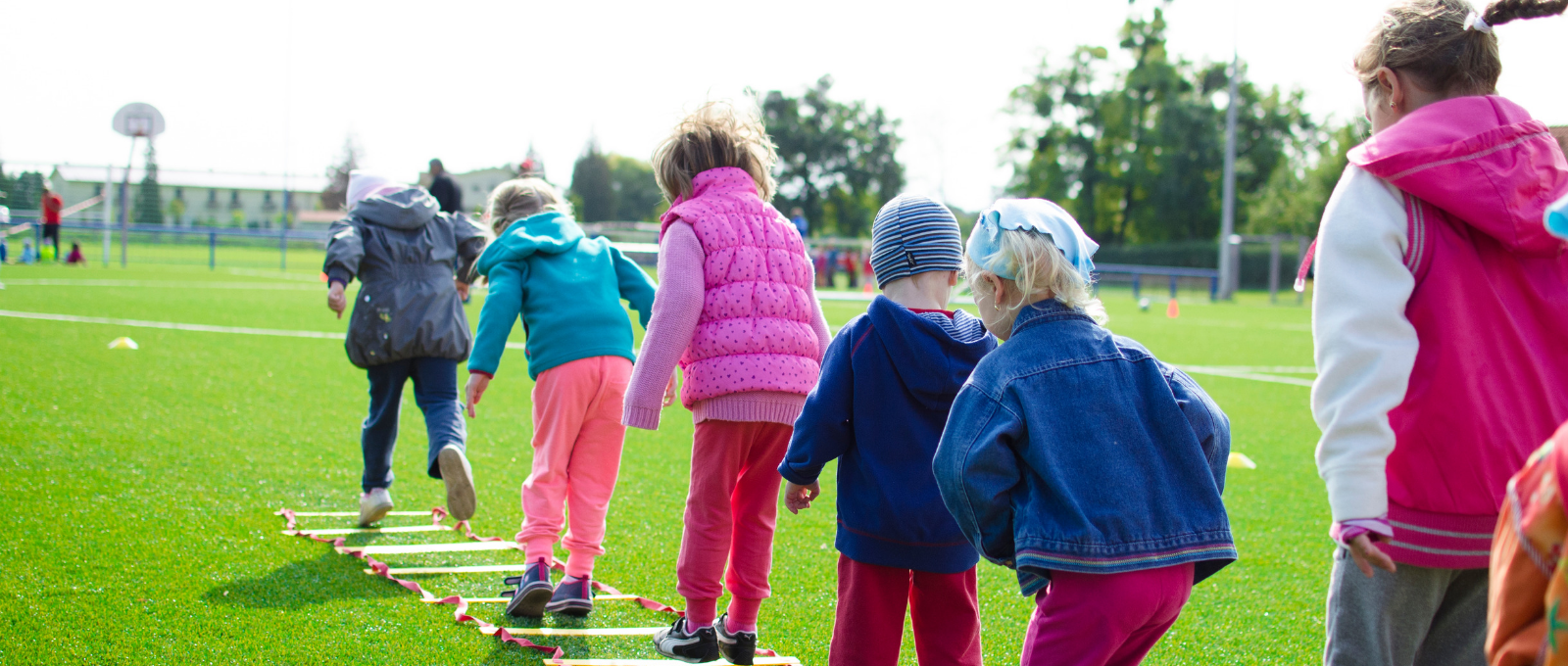School districts strapped for cash and facing pressure to increase test scores often try to preserve classroom instruction by making cuts to physical education and recess. Districts are making very difficult decisions and I don’t envy them!
Unfortunately, based on the latest brain science, cutting exercise can be counterproductive.
Brains and Bodies Are Connected
Think about evolution – our bodies were born to run, walk, climb, jump, and swim. They were also born to strategize, plan, and think ahead. Human survival depended on both our muscles and our brains. It shouldn’t surprise us that they are connected and that there are many brain benefits of exercise!
The research boils down to this: Exercise builds strong brains.
Exercise to Think Better
So what happens inside your child’s brain when they heads out to the playing field to kick a soccer ball around during recess? Two areas of the brain benefit: their prefrontal cortex (the seat of executive functioning) and hippocampus (the seat of memory and learning).
Vigorous exercise sparks the production of brain-derived neurotrophic factor, or BDNF. Some scientists have called BDNF “Miracle-Gro for the brain” because it causes neurons to flourish.
BDNF is especially powerful in the hippocampus, where memories are registered. BDNF not only preserves existing neurons, it also strengthens and increases new connections.
As your child runs across the field their prefrontal cortex is also firing, improving their executive functioning and working memory. This is why active kids are better able to organize their homework and complete school projects. Your child will find that the benefits of exercise include being more alert and focused.
Exercise to Feel Better
As if that isn’t enough, it gets better! The benefits of exercise are not limited to thinking better, exercise also helps them feel better. As your child’s heart is pumping, they are also increasing amounts of three neurotransmitters in the brain – dopamine, serotonin, and noeprinephrin. There are a lot of things that these chemicals do, but here are the basics:
- Dopamine helps your child feel good.
- Serotonin stabilizes their mood.
- Norepinephrine boosts their energy.
All of this is going to help your child in the classroom. Combined with hard work and studying, exercise is an essential ingredient for academic success, not just an elective.
Check out these tips to raise active kids!
